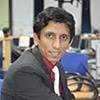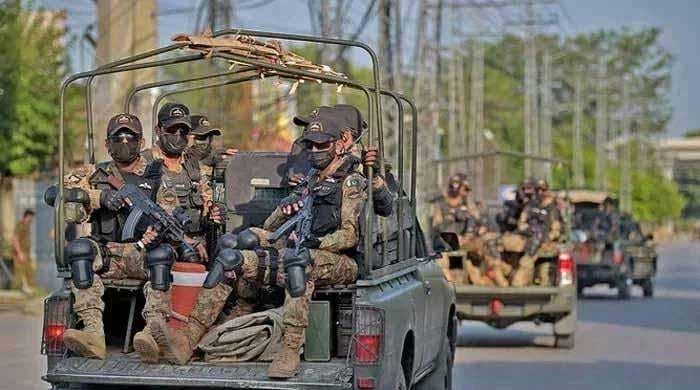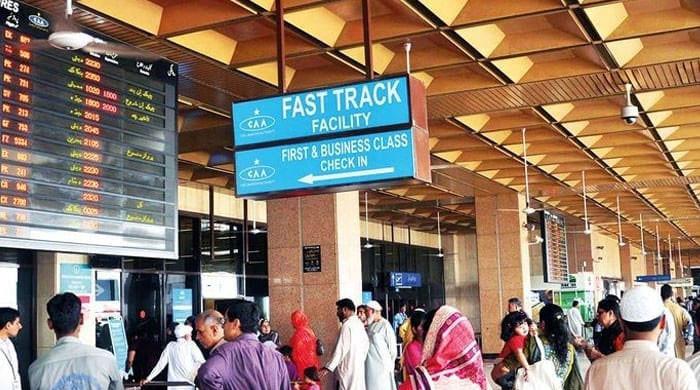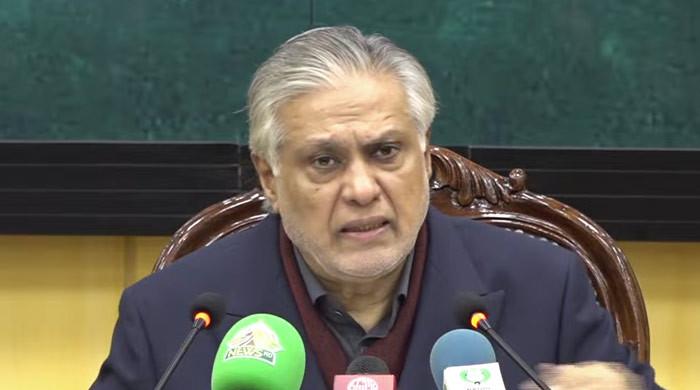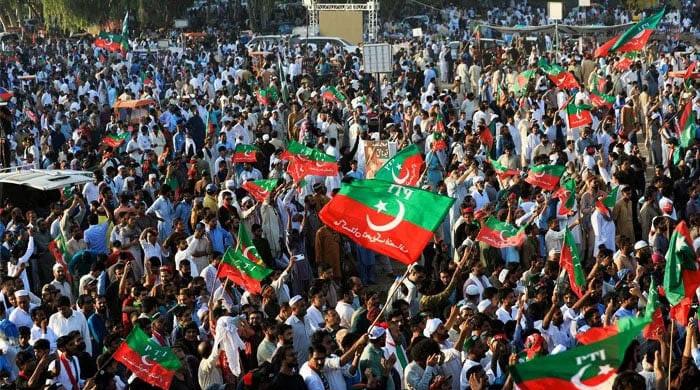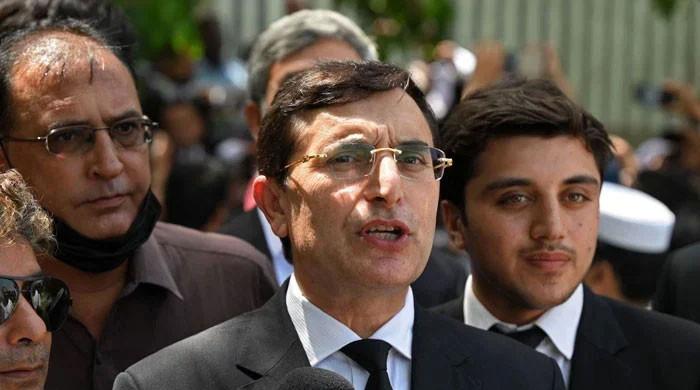Govt reverses decision to block ID cards, passports of individuals on Fourth Schedule
Decision taken after a delegation of the Difa-e-Pakistan Council (DPC) met Federal Interior Minister Chaudhry Nisar Ali Khan in Islamabad
October 21, 2016
ISLAMABAD: The federal government has decided to reverse its earlier decision of blocking the national identity cards and passports of individuals suspected of links to militant, sectarian, or proscribed organizations and are included in the Fourth Schedule of the Anti-Terrorism Act (ATA) 1997.
According to sources privy to the development, the federal government took back the decision after a meeting between the representatives of Difa-e-Pakistan Council (DPC) and Interior Minister Chaudhry Nisar Ali Khan here on Friday.
The DPC was represented by Maulana Sami-ul-Haq, Maulana Ahmed Mohammad Ludhiyanvi and Maulana Fazal-ur-Rehman Khalil.
The visiting delegation expressed their reservations to the interior minister over the alleged harassment of clerics associated with some seminaries by facing suspension of their passports and ID cards.
Leading the delegation, Maulana Sami-ul-Haq said though he appreciates the state's efforts to maintain law and order in the country, however the government should take notice of the elements who are targeting the religious seminaries and their representatives under the cover of security.
According to sources, the interior minister said he would instruct the authorities to review the Fourth Schedule.
"All of the names mentioned in the list are Pakistanis, how can one deprive them of basic citizenship? If such decisions have been taken, we have to make sure that they are not repeated," Nisar was quoted as saying.
He said religious seminaries played a pivotal role in reestablishing peace in the country hence no one would be allowed to target them under any pretext.
Khan also assured the delegation that their reservations would be addressed with the cooperation of the provincial governments.
According to reports, NADRA had been issued orders by the government to block as many as 2,021 identity cards and passports of individuals linked to terrorist and sectarian organisations on the Fourth Schedule following the directions of National Counter Terrorism Authority (NACTA).
Prominent names on the list included those of religious personalities including Ahle Sunnat Wal Jamaat leader Maulana Mohammad Ahmed Ludhianvi, Lal Masjid (Red Mosque) cleric Maulana Abdul Aziz, Majlis-e-Wahdat-e-Muslimeen leader Allama Maqsood Ali Domki, and Mohsin Najfi.
